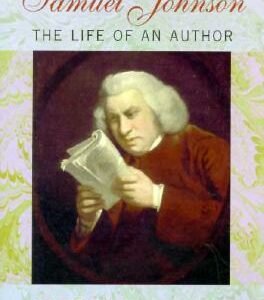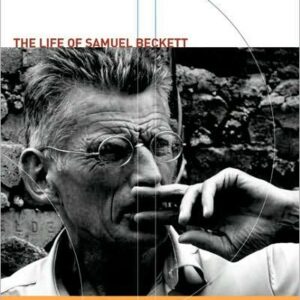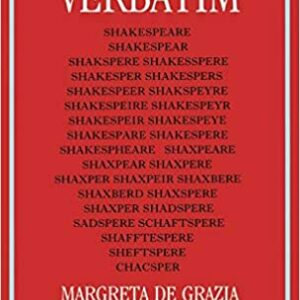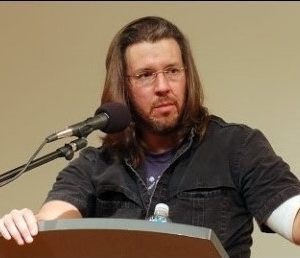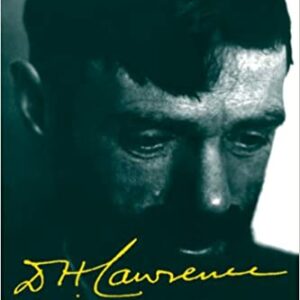
D.H. Lawrence: Dying Game, 1922-1930
By David Ellis (NHC Fellow, 1991–92) Originally published in 1998, the final volume of the Cambridge Biography of D. H. Lawrence chronicles his progress from leaving Europe in 1922 to his death in Venice in 1930. Based on much previously unfamiliar material, it describes his travels in Ceylon, Australia, the USA and Mexico in an … Continued
